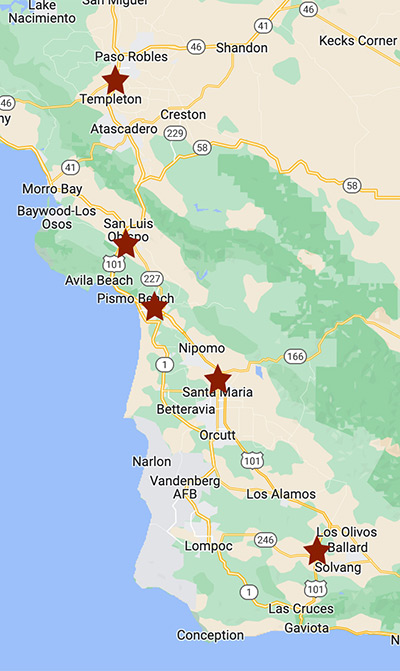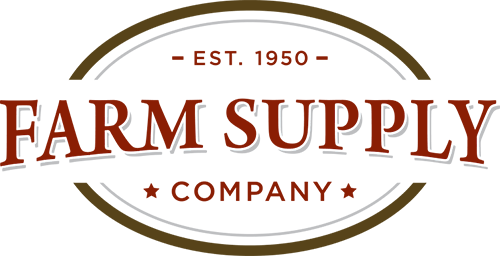September 3, 2015
Using treats in horse training is a controversial subject because it’s easy for the well-intended use of treats to result in bad horse manners.
Treats have always been an important part of our training program at Imagine A Horse, yet we understand why many horse trainers don’t use treats.
The treat debate has created what I call “closet treaters.” Friends that have a stash of treats or cookies but don’t feed them when anyone is watching for fear of criticism. Most of my friends in this category have never found an easy system to explain, implement or defend their use of horse treats.
Using treats can enhance effective training practices but certainly can’t make up for poor methods or inconsistent application. Using food treats doesn’t have to be a black and white situation; they can be used even occasionally with great success. A good trainer never relies strictly on food but seeks a balance between types of reinforcement.
There are two types of reinforcement, negative and positive. These terms can be rather confusing because in actuality, both are “rewards.” Positive reinforcement is generally better understood as verbal encouragement, stroking, a food reward, rest or a brief time out. Negative reinforcement is the removal of a stimulus or release of pressure. This means when a horse gives what we are asking for, we quit asking. For instance if we tap a horse’s side with our heel to ask him to move his body over, we will stop tapping when he actually takes a step. Many traditional horse trainers use negative reinforcement most or even exclusively because it is actually a reward. It is generally referred to as release of pressure. The phrase negative reinforcement does not mean punishment.
Dr. Robert M. Miller in his best-selling book Natural Horsemanship Explained states “Many horse trainers spurn the use of food rewards to positively reinforce desired behaviors. They believe it spoils horses, makes them mouthy and encourages biting and disrespect. Yet some of the best trainers in the world use food as rewards extensively, including many of the best circus and trick horse trainers and the best classical horse trainers in the world, such as those in Vienna’s Spanish Riding School. What this tells us is that the use of food rewards, as with any other training method, requires expertise and experience. If a method works well for one person and not for another, one of them is doing it wrong.”
A Few Reasons Why Horse Treats Can Get a Bad Rap:
- Feeding other peoples’ horses without permission
- Carrying food into a pen with more than one horse in it
- Yelling at or slapping at a horse that is muggy
- Feeding treats for no apparent reason
- Horse owners that do not bother to learn treats protocol
Reason Why Horse Treats Can Be Successful When Used Correctly:
- Food treats can spark a horse’s interest in his work
- A diminishing reward system can be used to preserve a horse’s good manners
- Treats can be used even intermittently with great results
- The frequency of treats can be reduced as a behavior becomes a conditioned response
- The occasional use of food treats is compatible with “release of pressure” training methods
We have a common saying at our ranch called “Rapid Intelligent Failure”. It means that if something isn’t working, be quick to recognize and change it. This is so true of using horse treats. If your horse is food aggressive, he probably isn’t a good candidate for food treats.
Click here for an introduction to using treats effectively and responsibly as a training tool.
Manna Pro is also offering an exclusive series of horse training videos, featuring the signature methods of behavior training expert Sue De Laurentis. They are FREE with the purchase of select Manna Pro Treats for horses. Watch a sneak peak below & click here for more information.
Posted by Suzanne De Laurentis for Manna Pro


